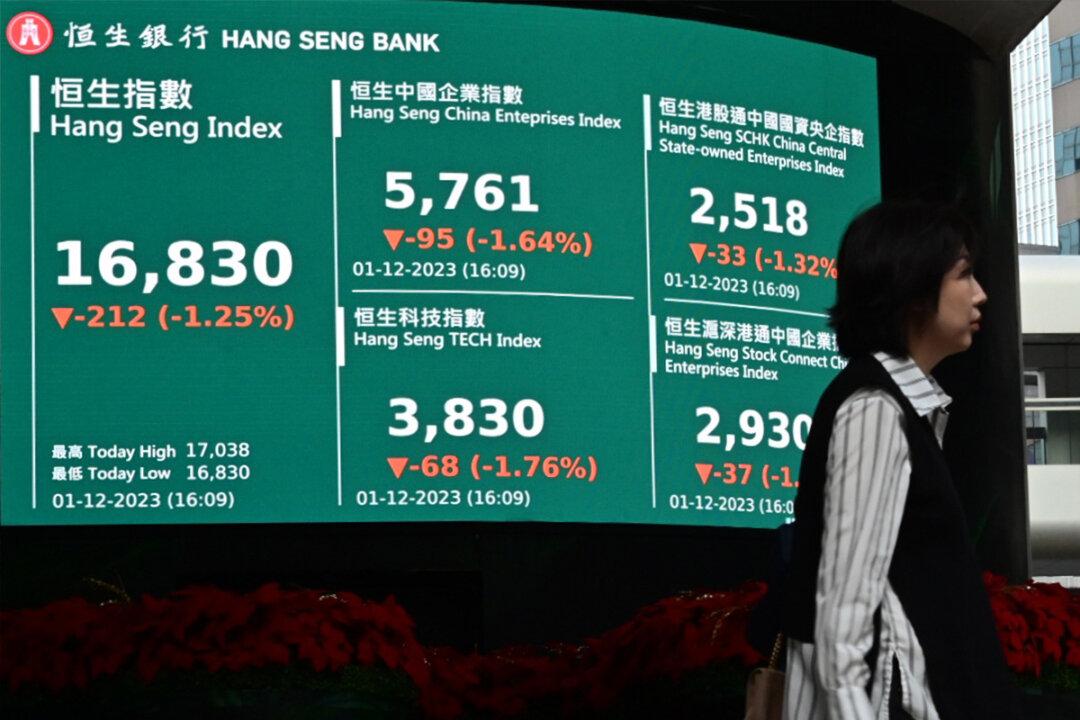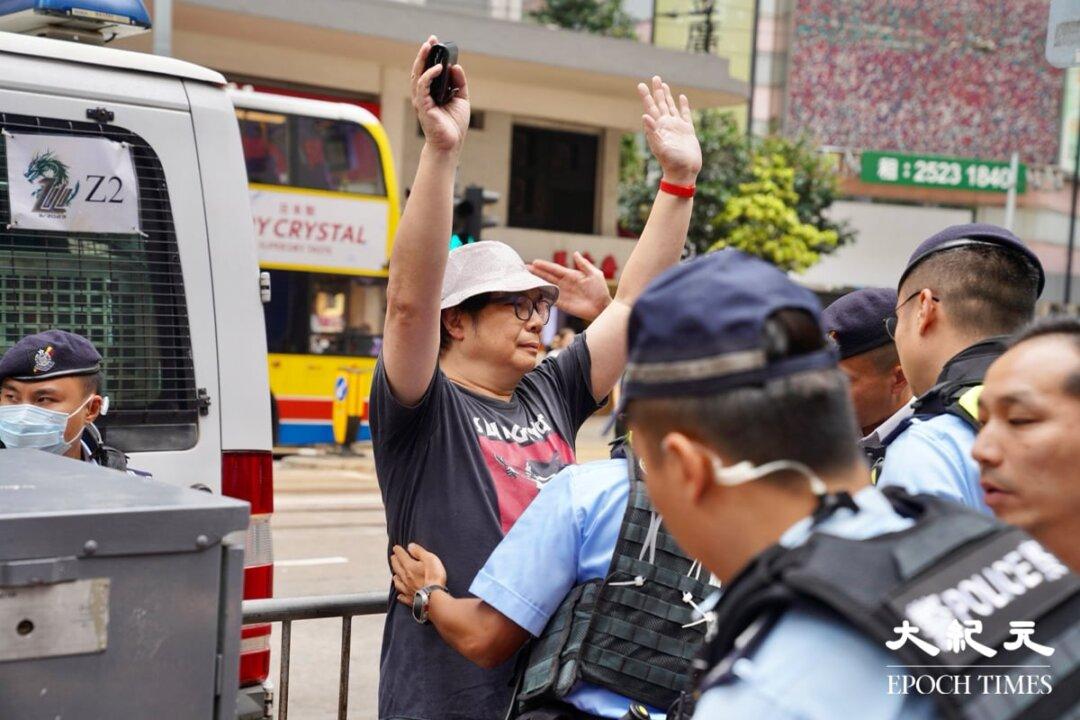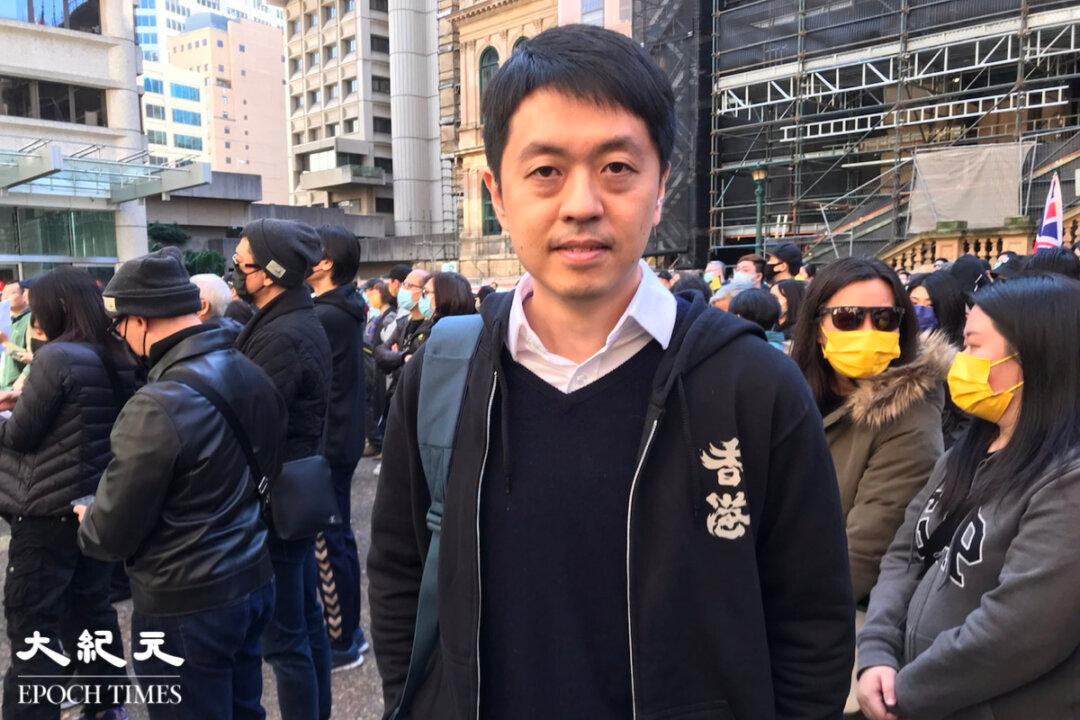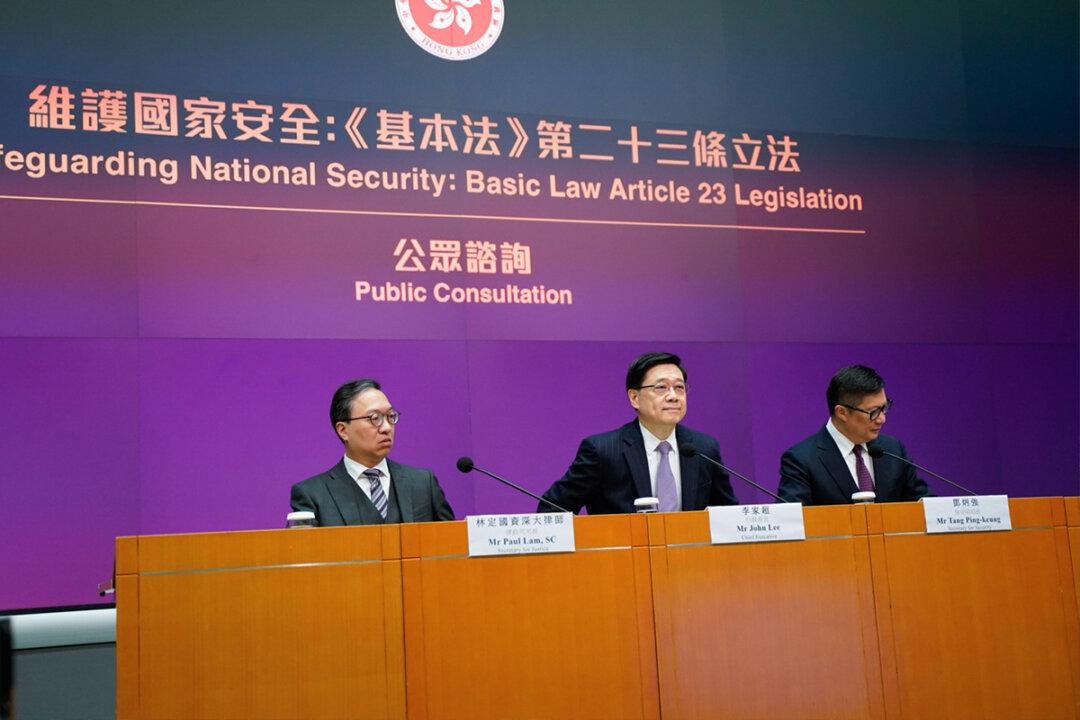After Hong Kong implemented the “Hong Kong National Security Law (NSL),” and faced a wave of mass exodus and the pandemic, the performance of its stock market and real estate sector all points towards a scenario that Hong Kong’s past glory with enormous growth potential is gone forever. Recently, there has been increasing mockery from mainland netizens ridiculing Hong Kong as the “relic of an international financial center.”
This uncharacteristic remark has prompted Hong Kong government officials’ rebuke claiming Hong Kong’s long-term growth future remains bright because of its close economic and financial ties with the mainland, which is currently experiencing an economic decline.




